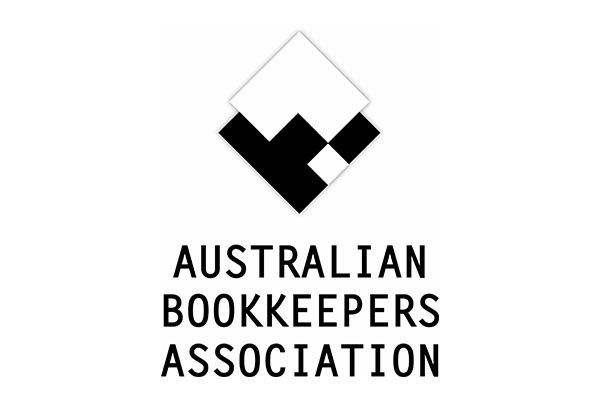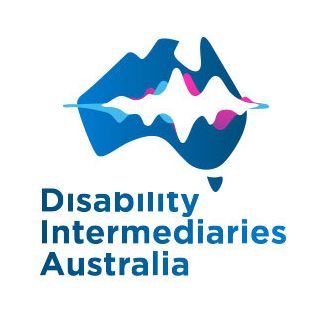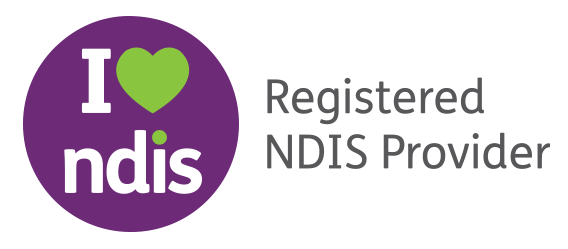Participant Enquiries
NDIS Short-Term Accommodation (STA) and Respite: Support for Participants and Carers
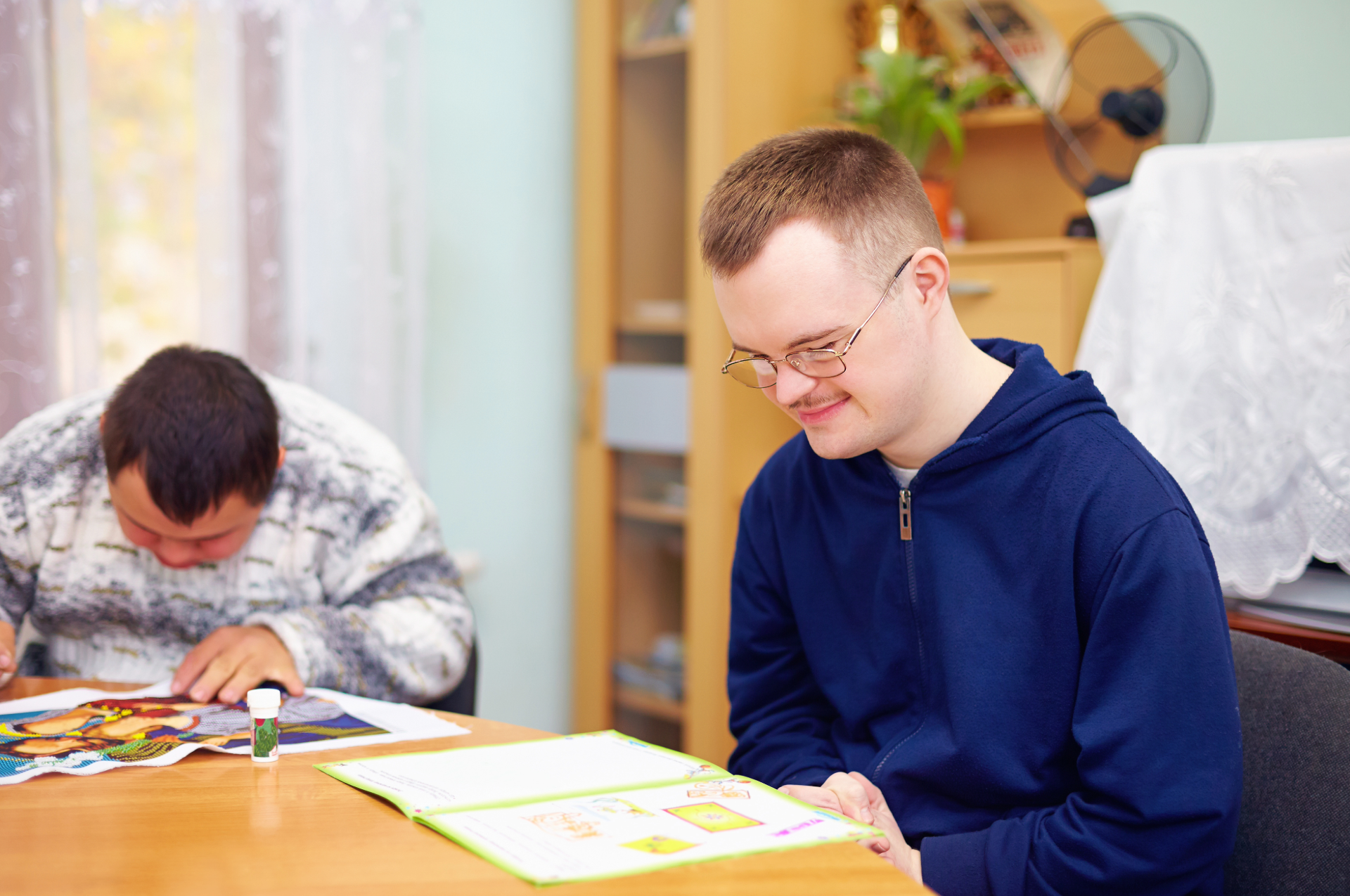
Everyone needs a break sometimes. For NDIS participants and their carers, Short-Term Accommodation (STA) often called respite, provides that important pause.
It offers short-term, supported care in a safe environment, allowing participants to try new experiences, build independence, and connect socially, while carers can take time to rest and recharge.
What Is Short-Term Accommodation (STA)?
Short-Term Accommodation (STA) is temporary funding for support and housing when you need to live away from your usual home for a short period.
STA is most often used when:
- A participant’s usual carers are unavailable,
- A participant wants to build confidence and independence in a new setting, or
- A short break will help sustain ongoing informal care and support arrangements.
It can be for a single night or up to several weeks, depending on individual needs and goals.
How STA Works
STA can include:
- Accommodation in a shared or individual setting
- Personal care and support with daily living
- Meals and assistance with food preparation
- Agreed activities that support the participant’s goals
STA is funded under Core Supports – Assistance with Daily Life and is designed to meet a participant’s disability-related needs, not general travel or holiday expenses.
The NDIS typically funds up to 28 days of STA per year, often taken in shorter stays (for example, one weekend a month or a week every few months).
What STA Funding Covers
Under STA, participants may be supported through:
- In-home respite: support provided in the participant’s own home.
- Community-based respite: day or activity programs that keep participants connected locally.
- Overnight or short-stay accommodation: a few nights away from home in a supported environment.
During their stay, participants receive:
- Accommodation and daily support
- Meals and assistance with personal care
- Opportunities for social, recreational, or skill-building activities
What STA Funding Does Not Cover
While STA provides valuable support, it has clear funding boundaries.
NDIS STA funding
does not cover:
- Travel costs to and from the STA location
- Everyday expenses such as groceries in individual accommodation
- General holidays or tourism-based travel
- Non-disability-related activities (for example, theme parks or cruises)
- Housing crises or waiting periods for permanent accommodation
STA must always be directly related to a participant’s disability support needs or goals, such as building independence, maintaining wellbeing, or sustaining informal care arrangements.
How the NDIS Decides If STA Is Funded
For STA to be included in your plan, the NDIS must determine it is reasonable and necessary. This means the support:
- Relates directly to your disability
- Helps you pursue your goals
- Represents value for money
- Reflects what informal supports (such as family or carers) can reasonably provide
In most cases, STA is funded at a group price, where participants share supports with others unless individual support is required for safety, behaviour, or personal care reasons.
Special Considerations: Children and Crisis Situations
For Children
STA may be included in a plan for children who require significantly more care than other children of the same age. It can help families maintain stability, prevent burnout, and support a child’s development through positive, supported stays.
In a Crisis
While STA is not funded for general housing crises, it can be arranged in exceptional circumstances — such as when a carer becomes ill or there’s a risk to the participant’s safety. In these cases, emergency respite may be accessed through Carer Gateway or NDIS crisis pathways.
How to Access STA Through the NDIS
- Check your current plan
Look under Core Supports – Assistance with Daily Life to see if STA is already included. - Speak with your Support Coordinator or Local Area Coordinator (LAC)
If it’s not in your plan, your Support Coordinator or LAC can help gather evidence and request it during your next plan review. - Provide supporting evidence
Documentation from a carer, support worker, or allied health professional can help demonstrate the need for STA and its connection to your goals. - Choose a provider
Select an NDIS-registered provider offering STA or respite services that suit your needs, accessibility requirements, and preferences. - Book your stay
Confirm the location, duration, and activities. Ensure a written service agreement outlines what’s included (such as meals, personal care, and activities).
The Role of Support Coordinators and Plan Managers
Support Coordinators help participants and carers:
- Identify suitable respite or STA options based on goals and needs
- Connect with trusted, registered providers
- Arrange service agreements and manage bookings
- Ensure supports align with plan goals and funding rules
- Prepare reports and evidence for plan reviews
Plan Managers ensure funding runs smoothly by:
- Processing invoices and payments for STA providers
- Ensuring correct NDIS line items are used
- Monitoring budgets to help avoid overspending
Together, Support Coordination and Plan Management make organising respite easier, compliant, and stress-free.
Frequently Asked Questions About NDIS Short-Term Accommodation (STA)
Can a support worker be funded alongside STA?
Usually, no. STA rates already include staffing and support such as personal care, supervision, and activities.
In rare cases where a participant has very high or complex needs (requiring 1:1 or 2:1 staffing), additional support may be considered but only with professional evidence and prior NDIS approval.
If a participant brings their own support worker to STA, it’s generally viewed as a private arrangement and not claimable under STA funding.
How many days of STA can I use per year?
The NDIS typically funds up to 28 days of STA per year, which can be taken in flexible, shorter stays throughout the year.
Can STA be used for holidays?
No. STA is not for holidays or tourism. It must relate directly to disability support needs or goals such as building independence, social skills, or supporting carers.
Can I choose my own STA provider or location?
Yes, you can choose your preferred NDIS-registered provider and location as long as it suits your needs and goals. Travel to and from the STA location, however, is not usually covered.
What is the difference between STA and Medium-Term Accommodation (MTA)?
STA: short-term stays (up to 14 days at a time) for respite or goal-based support.
MTA: longer-term accommodation (up to 90 days) while waiting for permanent housing or modifications.
Can I use STA if I live in Supported Independent Living (SIL)?
Generally, no. STA is not funded in addition to SIL since SIL already includes 24/7 support. Exceptions may apply if a temporary change in environment is needed for behavioural or health reasons.
Does STA include meals and transport?
Meals are included. Transport may be covered only for agreed activities during the stay, not for travel to and from the STA location.
Can children access STA?
Yes. STA can be funded for children who need substantially more support than others their age, helping families maintain balance and the child to build independence.
What if there’s an emergency or carer illness?
In urgent situations, contact your Support Coordinator, the NDIS, or Carer Gateway for emergency respite services.
Can I use STA to build independence?
Yes. STA can help develop social skills, confidence, and daily living abilities. It’s a great stepping stone toward greater independence.
Tips for Making the Most of Your STA Experience
To get the best value and benefit from your Short-Term Accommodation, here are a few helpful tips:
- Plan ahead – STA stays often book out, especially around holidays. Try to schedule your respite in advance.
- Set clear goals – Whether it’s learning a new skill, trying a new activity, or building confidence, align your stay with your NDIS goals.
- Keep records – After your stay, note how STA helped you (or your carer). These reflections and outcomes are useful evidence for future plan reviews.
- Understand inclusions – Always confirm what your STA provider covers — such as meals, activities, and transport — to avoid unexpected costs.
- Use your STA proactively – Don’t wait for burnout. Regular short breaks help maintain wellbeing for both participants and carers.
- Seek feedback – After each stay, review what worked and what didn’t, so future experiences can be tailored to your needs.
Why STA Matters
STA is about more than rest; it’s about balance, growth, and connection.
For participants, it’s a safe space to build confidence and independence.
For carers, it’s an essential pause to maintain wellbeing and sustainability.
Together, these short breaks strengthen relationships, stability, and long-term outcomes.
Empowrd’s Commitment
At Empowrd, we believe that quality respite and Short-Term Accommodation are essential to long-term wellbeing for both participants and carers.
Through our NDIS Support Coordination, we help NDIS participants understand their funding, explore local respite options, and connect with trusted, registered providers.
We proudly support participants across Port Lincoln, the Eyre Peninsula, Ceduna, and surrounding communities, offering personalised, community-based guidance every step of the way.
Because everyone deserves time to rest, recharge, and thrive.
Contact us here or call (08) 8683 4401 to learn more.
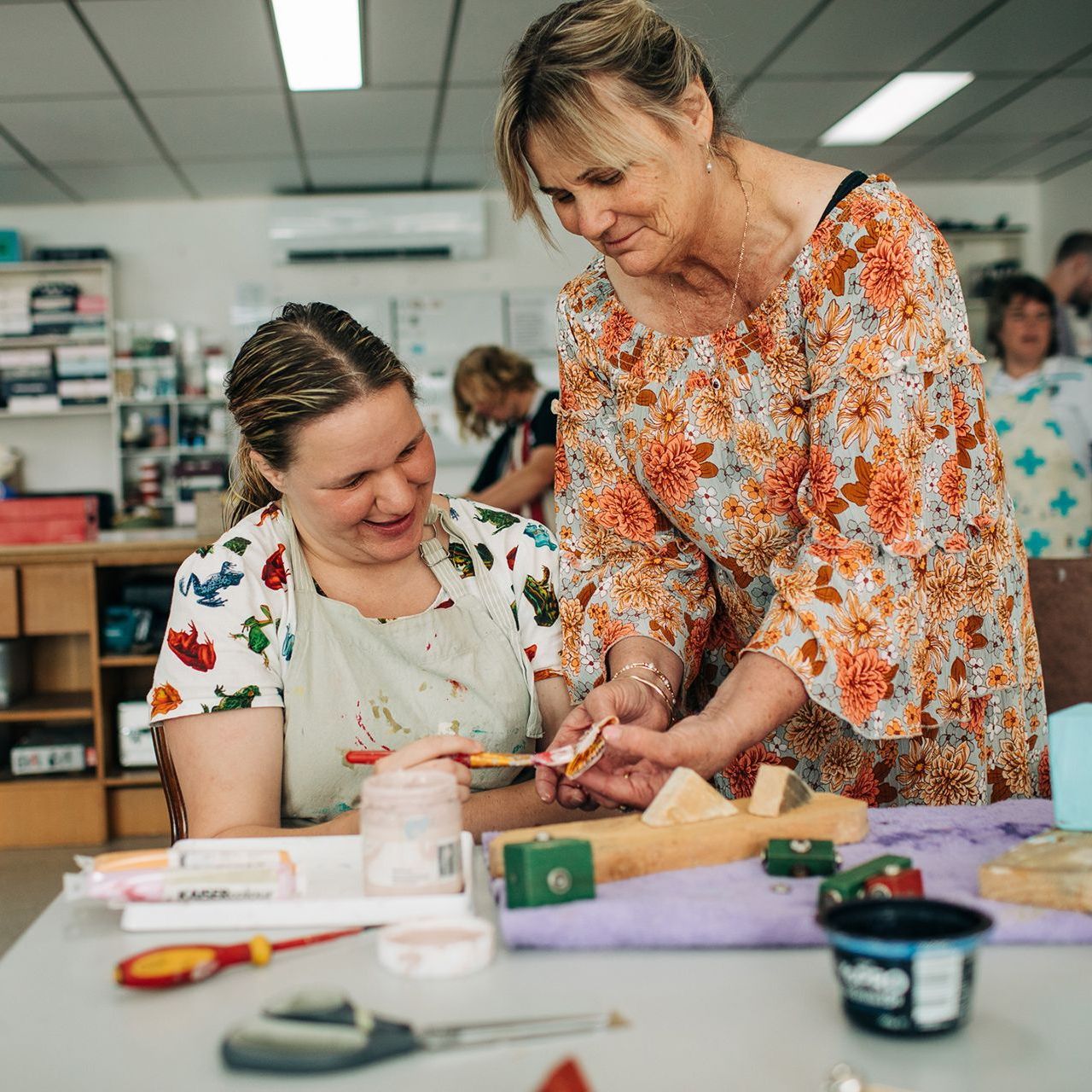
NDIS Plan Management and Support Coordination
At Empowrd, we are here to make your life easier. Based in Port Lincoln on the Eyre Peninsula, we offer a personal, accessible and holistic approach to NDIS Plan Management and Support Coordination.
We provide Plan Management services across Australia, assisting with financial administration, and offer Support Coordination to participants in Port Lincoln and Eyre Peninsula, connecting them with the right supports and providers. Our goal is to ensure your NDIS plan works for you, so you can focus on achieving your goals and doing what you love.
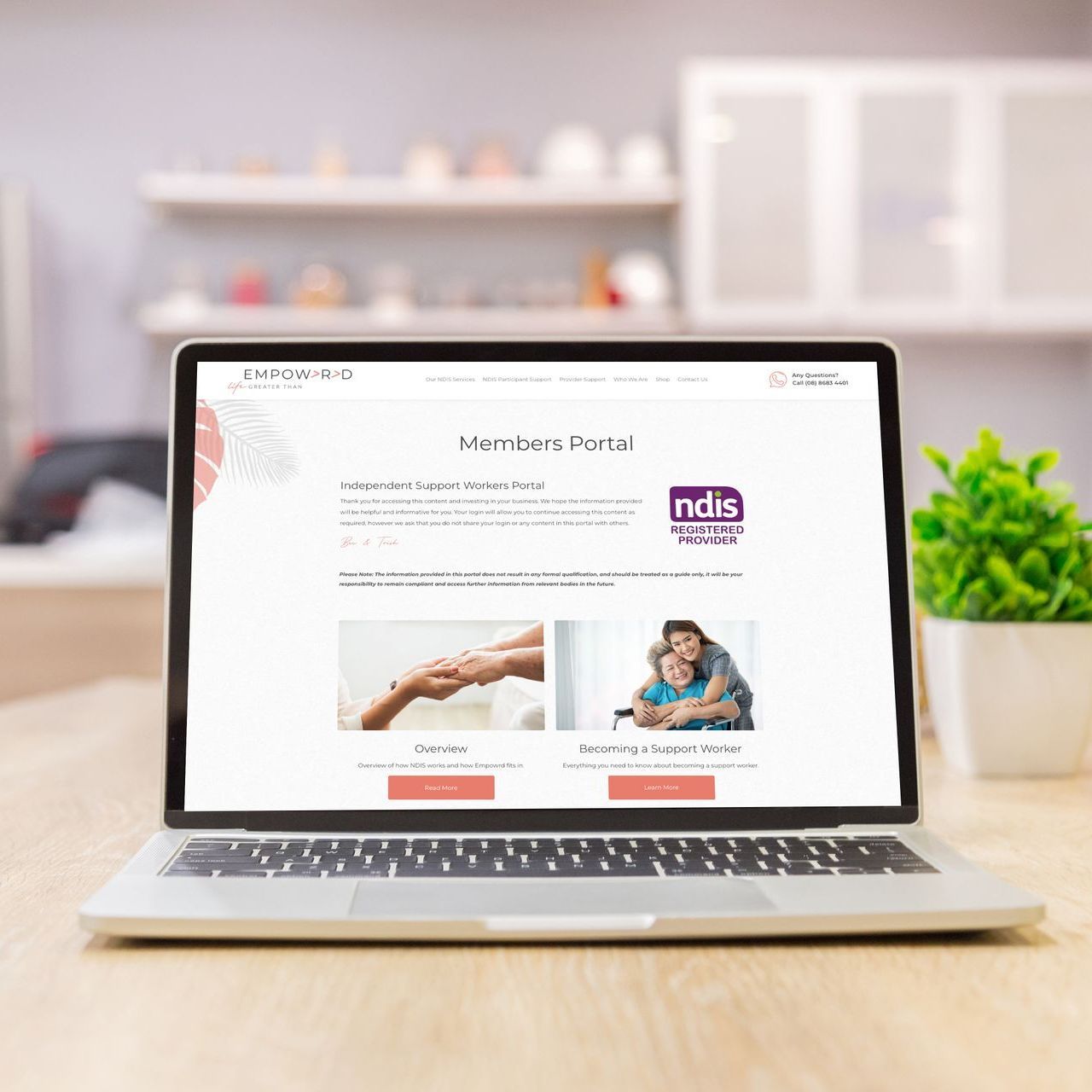
Want to Become a Support Worker?
Our Independent Support Workers Education Portal provides everything you need to navigate the NDIS, find work, and confidently offer services as an Independent Support Worker. For just $65, you will gain access to comprehensive guides, essential resources, and ready-to-use templates to streamline your work.
Inside, you will find:
- A clear breakdown of how the NDIS works
- Tips for finding jobs and delivering services
- Step-by-step guidance on invoicing and support planning
- Ready-to-edit templates for quotes, service agreements, invoices, and case notes
Need just the templates? You can also purchase them separately as standalone resources.
I hope you enjoy reading this blog post.
If you are ready to be Empowrd to live your life to the fullest, let us steer you on the right path.

Be EMPOWRD to Live Your Best Life
If you’re ready to be empowered to live life on your terms, we’re here to help guide the way. At Empowrd, we offer a personal, accessible, and holistic approach to NDIS Plan Management and Support Coordination. We’ll ensure your plan works for you, allowing you to focus on your goals and the things you love most.










